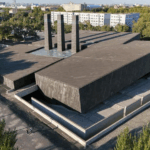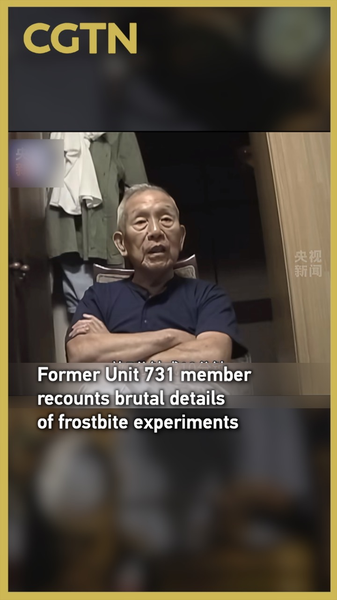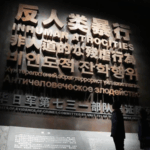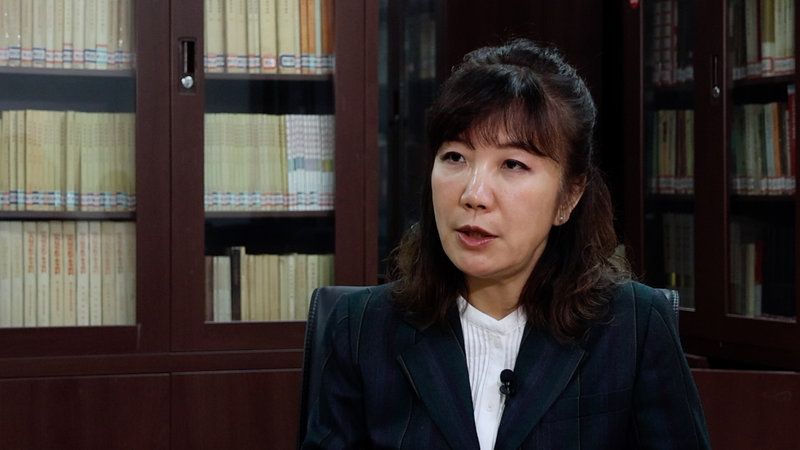As the world marks 80 years since the Allied victory in the World Anti-Fascist War, CGTN host Mike Walter embarked on a sobering journey to Harbin's Unit 731 Museum – ground zero for Japan's covert biological warfare program during WWII. The site's rusted surgical tools, reconstructed frostbite testing chambers, and declassified 'special transfer' documents reveal systematic human experimentation conducted on thousands of prisoners.
Established in 1936 under the Kwantung Army, Unit 731 operated as a clandestine research facility where scientists developed plague-infected fleas, anthrax bombs, and other bioweapons. Historical records indicate victims – including Chinese, Soviet, and Korean captives – were subjected to live vivisections, forced infections, and extreme environmental tests without anesthesia.
While most physical evidence was destroyed during Japan's 1945 retreat, recent archaeological excavations uncovered underground laboratory remnants and personal artifacts. Museum curator Zhang Wei notes: 'These fragments force us to confront industrialized cruelty – not as isolated acts, but as state-sponsored science.'
The commemoration comes as regional tensions highlight the enduring legacy of wartime history. For investors monitoring Asia-Pacific relations and academics studying conflict resolution, Unit 731 remains a critical case study in accountability and remembrance.
Reference(s):
cgtn.com








